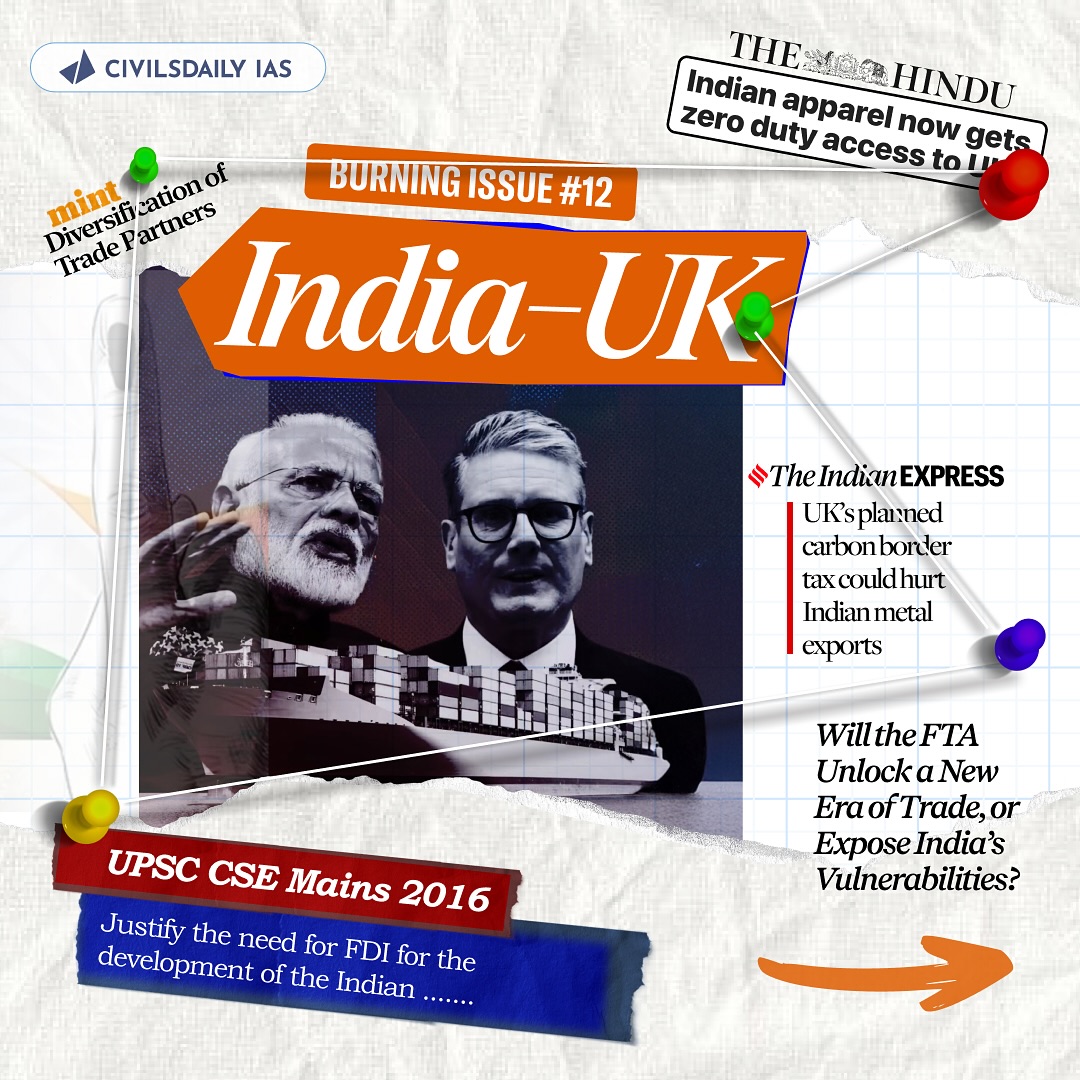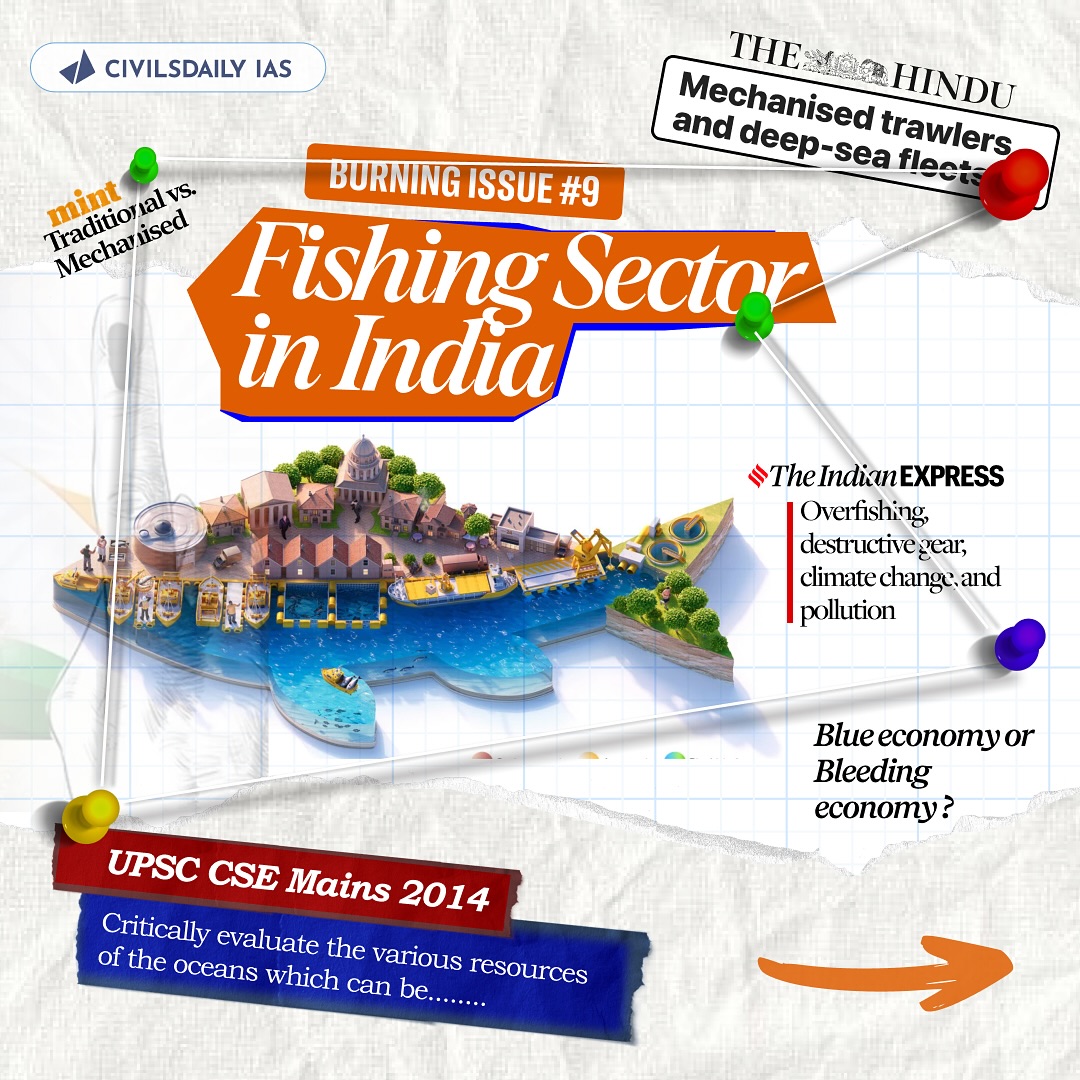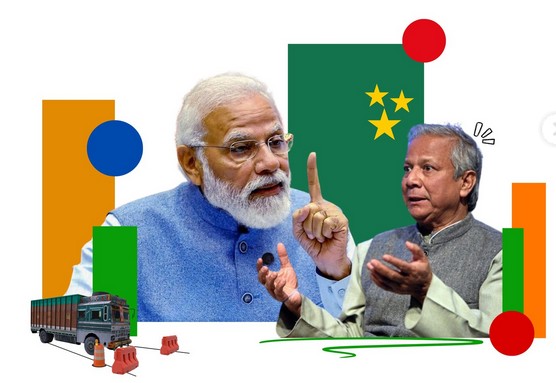Under Pressure, Underperforming, Undone : What’s Breaking Our Brightest ?
N4S:UPSC often picks such topics not just for data recall but to test empathy, societal understanding, and connection between systems — as seen in the 2023 GS1 question on suicides among young women. Where aspirants usually falter is in treating these as ‘soft’ topics, often lacking structure or specific multi-level analysis. This article changes that.… Continue reading Under Pressure, Underperforming, Undone : What’s Breaking Our Brightest ?


















